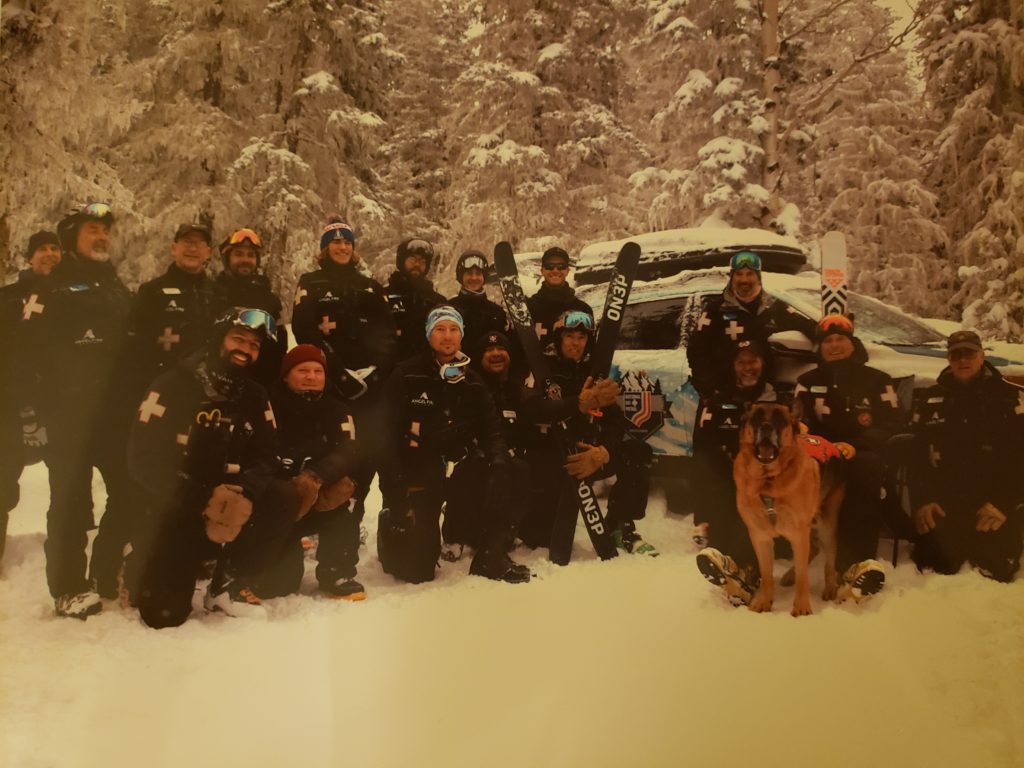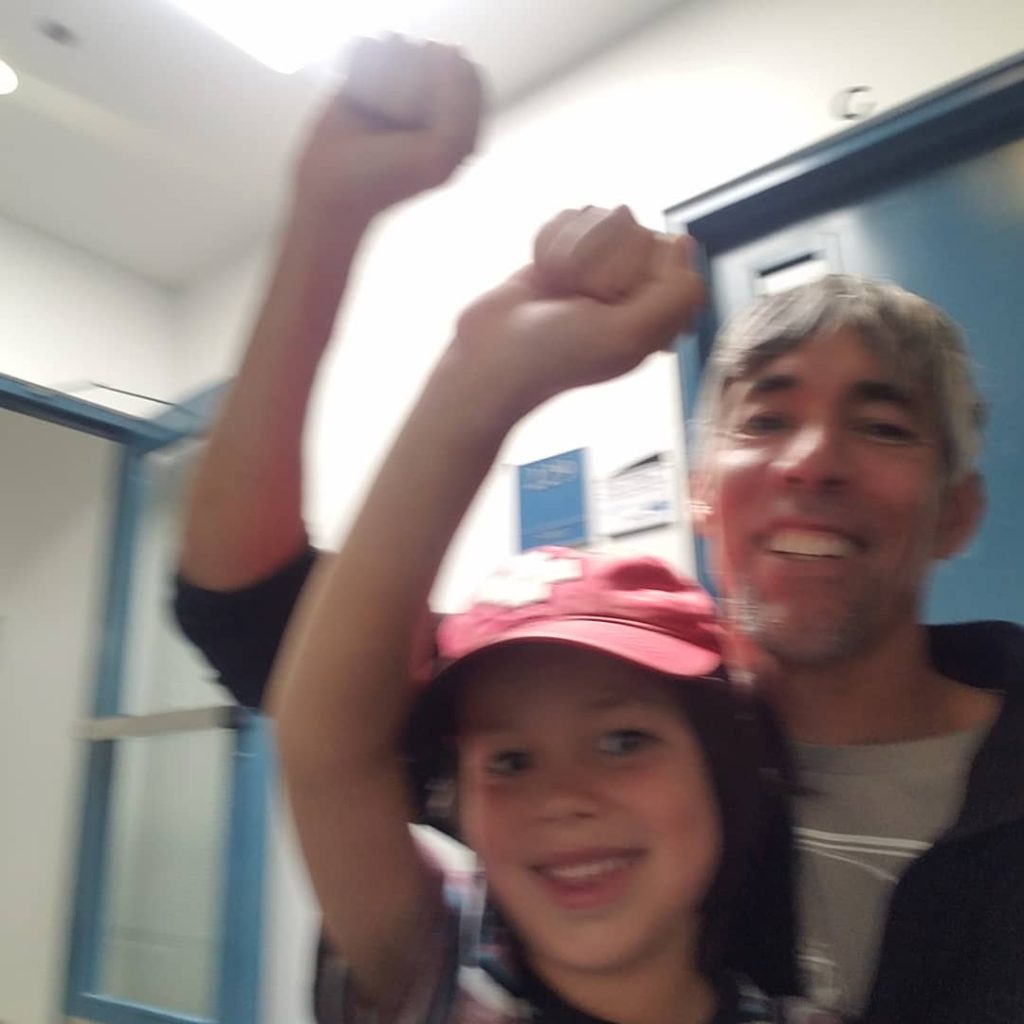As the Health and Wellness Officer for the Angel Fire Ski Patrol, which has its fair share of AARP members, I am asked now and again what kind of routines I find helpful for managing my health as it relates to aging, as well as mental, physical, and emotional well being.
Without any hesitation, I always start by extolling the obvious benefits of sustained physical exertion in combination with the great outdoors: parks, woods, wilderness areas, oceans, beaches, mountains, rivers, lakes, etc.
As a veteran, the outdoors has been an invaluable source of solace, comfort and healing for me. I would say I am outside as often as possible, with trips to natural settings at least several times a week. When I can’t travel very far, I go for long walks right out my front door. My nearby neighbor’s property borders on public wilderness, so with his permission, I am able to pass through his land to gain access to miles of trails, streams, and mountains.
Of course, one of the great advantages of serving as a ski patroller is that we are out exerting ourselves in the mountains all the time. But just as important as my strenuous outdoor activities is my yoga/meditation practice, which can be every bit as strenuous. If you have not tried it, you may surprise youself. Without a doubt, although yoga came into my life later than the outdoor physical activity, I recognize in the power of yoga, particularly as it relates to cultivating and maintaining an “inner calm” in the face of adversity, an incredible ability to further tap into inner recesses of power, resiliency, and hope.
Given the requirements of social distancing associated with the ongoing pandemic, I have had to modify my yoga practice to rely primarily on on-line classes available on YouTube. I have found that I enjoy doing yoga every bit as much on the floor of my living room as I have ever enjoyed in a formal yoga studio. In fact, it is so good, that I would not have a problem if all the yoga I could do was yoga on the floor of my living room in front of the woodstove.
To make matters even better, I have found on YouTube a rich resource of classes and instructors. One class in particular, entitled, 45 minute Intermediate Yoga Flow, referenced in a previous blog, has become my go-to class.
Additionally, my yoga practice, particularly the emphasis on focused breathing, has helped me in my outdoor exertion. I make it a point to try and breathe through my nose and exhale through my mouth, just as I do in my yoga practice. I find that this helps settle my mind, sharpen my senses, and even improves my balance. This is particularly helpful when you are engaged in climbing mountains, as I often am.
I find that climbing mountains helps soothe and calm me, gives me a sense of purpose, and helps me process and deal with the great anxiety and heart pangs that I am living with. For the last five years, I have been engaged in a challenging effort to maintain a relationship with my youngest boy. Even with the help of the best attorneys in the world, the road to maintain contact between us is long, arduous, and filled with obstacles.
In order to endure, and not descend into the depths of despair, which would serve neither me or my son, I have to sip religiously from the chalice of hope and positivity. And I have managed to do this through maintaining healthy practices and embracing outdoor living and physical challenge, including the practice of telemark and mountaineering, which I have also blogged about.
It is no wonder that I have become so practiced at sustaining my own resiliency, and cultivating equanimity and “inner calm,” that I have been named the Health and Wellness Officer for the Angel Fire Ski Patrol, a position which fills me with great pride and satisfaction, even in the face of my other hardships and grief.
For to be sure, part of managing one’s health and wellness is managing one’s grief. There is no doubt that yoga and meditation and outdoor exertion and otherwise healthy practices go a long way to managing grief and promoting mental health.
For all those out there dealing with the challenges of COVID-19, the solitariness, the social distancing, the isolation, perhaps even the virus itself, keep fighting your impulse to give in to despair. This can present itself as over-eating, inaction, excessive screen time (TV, smartphone, social media, movies, etc.), morbid passivity, and withdrawal from the concerns of life.
It is never too late to start developing good habits.
If you are not in the habit of walking, start taking walks. Even if all you do is walk around the rooms of your home for an hour, that is better than nothing. Ideally, you should be able to walk outside safely, perhaps wearing a facial covering of some sort, but ideally positioning yourself in areas far enough away from others, that a facial covering is merely a precaution, and not necessary. Start taking care of some plants. Maybe seedlings. Put up a bird feeder or a hummingbird feeder.
In a word, start paying attention to all the living things that have a stake in this world and this life besides yourself.
And then, keep on keeping on. With each meditation session, each yoga session, each mountain climbed, each hummingbird sighted, each excursion into the bosom of Mother Nature, you will feel an increased sense of health welling up inside yourself, an enhanced sense of connection to all living things, and even an appreciation for your own resiliency, and ability to persevere.
For persevere you must, my friend. There remain canvasses to be painted, waves to be ridden, and mountains to be climbed. And somewhere out there is a young boy, reading your crayon-scribbled letters, counting on your strength, positivity, and enduring love.


